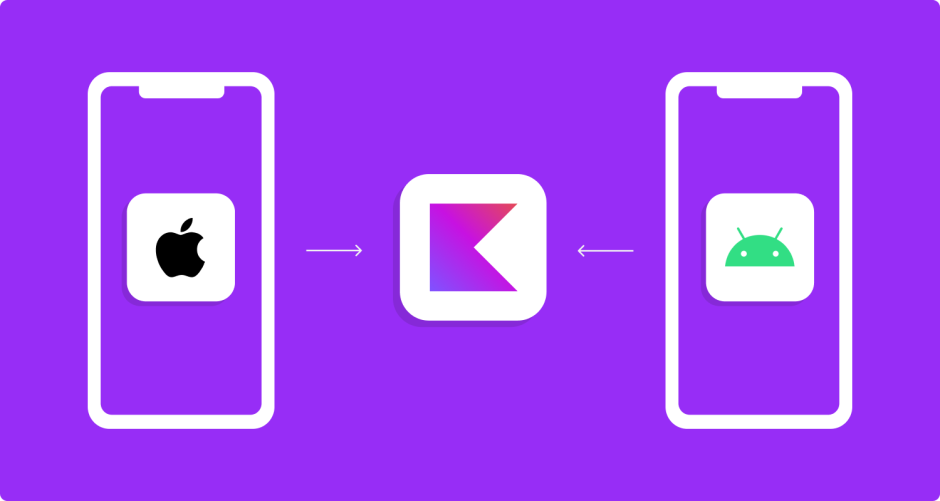Table of contents
Do you want to get a job as a junior developer? Right from the start, you need to know that your profession is much wider than you thought and an employer will want you to know more. Why? Let me explain.
During interviews, I used to be surprised by the numerous times the questions didn’t concern my job position. I was wondering why I was asked about something “useless”, e.g. about technologies I’ve never used and which I probably won’t use in the future.
Why I was wrong
For example, as a Junior Android Developer, do I have to know how to implement sorting algorithms or matrices? These are already created in frameworks and libraries and there is a lot of information on the stack. I can always use helpful services such as StackOverflow, tutorials, and articles on very dubious websites. I don’t need to keep it in my mind – I thought. I couldn’t be more wrong.
Why? Because it’s very hard to find the right information on the stack, especially knowledge that will specifically resolve your problem. Blind copying can fetch serious consequences, so you have to transform the solution to your problem and this takes a lot of time. Time is your employer’s money.

General knowledge which saves money
So, an employer can ask you some questions that are not connected directly to your position because he or she wants to verify if you have general basic knowledge which can save your (and his/her) time in the future. He wants you to be able to solve different problems and be prepared for unexpected difficulties.
Time is ongoing and technologies are changing. Today, you are writing a calculator but, tomorrow, you should know how e-commerce works because a client needs a cool online-shop. The more wide a field of knowledge you have, the faster you can find needed solutions and bring more profit you to your employer.
[box header=”NEED A SUCCESSFUL TEAM?” paragraph=”We’re 100% office based team with 7-years’ experience <br> in mobile & web app development” button=”Estimate project” link=”https://www.thedroidsonroids.com/estimate-project”]
An employer wants to make a reasonable decision because a developer’s work (especially a junior developer’s work) is expensive.
The hour of the developer’s work is very expensive
Let’s dive into this thesis using an example of Bob.
Bob is a developer and he gets money for his work because his work brings money to the employer. It’s a simple and logical barter. So, the employer looks at Bob rationally – would he make a profit?
It’s naive to assume that the money for Bob’s work is just a salary. For example, let’s take the average number of working hours per year (~2,040) and count a real number.
- Bob is sick about two weeks at least (80h)
- Bob has 20-26 days-off (~184h)
- Bob may have emergency situations (24h)
- If Bob lives in Europe, we can suppose he also has various celebrations (Christmas, Easter, Independence Day, etc) (80h)
So, we have 1,672 working hours per year, right? Now, tell me honestly, does Bob really work 8 hours per day? Hm, I doubt.
Bob usually has lunch and from time to time he plays FIFA, or even has a nap in a nap room because writing code requires breaks which help you to clear your mind and stay concentrated.
Also, Bob has different meetings related to his project. So, this means that Bob, in fact, works 5-6 hours per day – writing code, resolving problems, straining the brain eventually. So, we can cut 1/3 of the total time and take the final number.
Bob’s employer pays for 2,040 hours, but Bob actually works 1,150 hours. It’s almost 60%. But it’s not the end.

Junior developer costs the most
But it’s impossible! Each junior developer takes funny money – you could say. Maybe it’s true (although I’ve never seen such offers), but your salary is just a drop in the sea.
A junior developer usually works very slowly and inefficiently at the beginning. He or she doesn’t know how the business works, what commitments they has and how to resolve real commercial problems. It’s very dangerous to throw them straight ahead into a real project.
The most popular solution to this problem can be an internship – preparing for “adulthood”. You get a salary, workspace, gadgets, insurance, sandwiches and other stuff, but you bring minimal profit (maybe you don’t bring any at all) for your employer throughout the months or even a year. In addition, you can leave the job during this time. That’s crazy.
A risky investment
To sum up. As a beginner developer:
- You need a lot of time for searching for solutions to the issues you come across
- You can cause many problems because of a “copy-paste” attitude
- You work about 60% of your official working time
- You are probably not profitable, but detrimental
I think that an employer should have a very strong reason for making such a risky investment and hiring a junior developer. Can you give them this reason?
There is only one reason why your boss can close his or her eyes to all these dangers:
You have the fire in your eyes!
If you are ready to study constantly, if you love what you do and you are opened for knowledge that doesn’t directly concern your job – you are a good investment! All doors are opened for you. Just keep one thing in your mind – there is no limit to perfection and you have to always improve yourself.
Conclusion
So, there is no excess knowledge. You just have never had problems that can be solved by this knowledge. An employer would like to have a guarantee that you will be able to save his or her ship in a future battle.
So, do you want to be a brave soldier? 😉






0 responses to "Junior Developer Job Interview – Questions Which Can Surprise You"